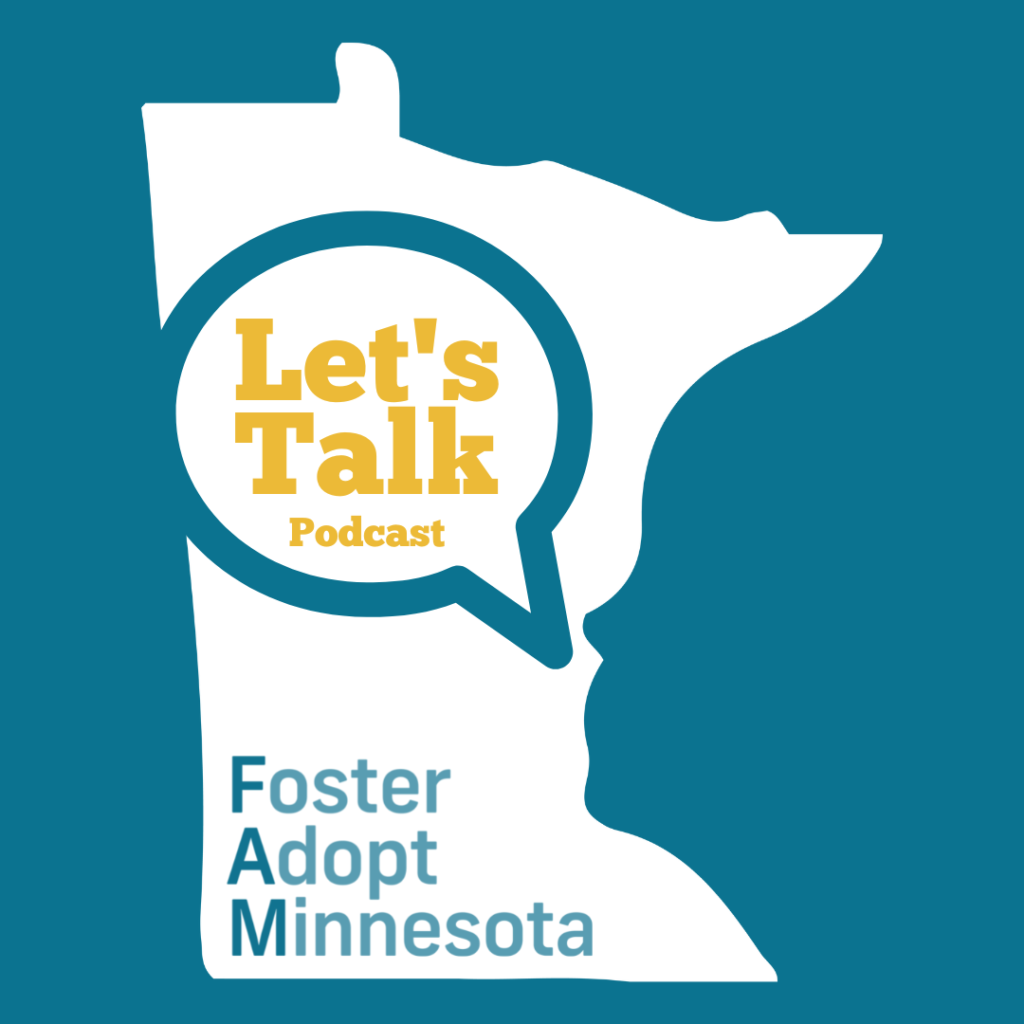The reason children enter foster care can vary widely depending on the unique needs and circumstances of their family of origin. The intention of foster care is to provide a safe environment while professionals work with the family to address the concerns that lead to the need for foster care, with the goal of the child returning safely to their home (reunification). In situations where reunification is not possible, legal action is taken to terminate parental rights. At this point, the county social workers will seek permanent placement options through adoption.
Due to their experiences, some children may lack trust that adults will meet their needs and keep them safe. They may show their feelings through aggression, social withdrawal, emotional introversion, generalized fear/anxiety, and other behaviors that require a high level of patience, supervision, and guidance. Some children also may need assistance in learning the basics of daily routines, self-care, and social skills. Most importantly, children placed into foster care need to feel supported, safe, and cared for.
Below you will find the most common reasons a child may enter foster care. It is not uncommon for children to have experienced several of these situations. For some, it is a one-time event, while others have experienced multiple events during a significant period.
REASONS WHY CHILDREN COME INTO CARE
Neglect
Neglect can be commonly defined as the failure of a parent or caregiver to provide needed food, clothing, shelter, medical care, or supervision to the degree that the child’s health, safety, and well-being are threatened with harm.
Physical Abuse
Physical abuse is defined as “any nonaccidental physical injury to the child”. While physical abuse is commonly seen as the act of hitting, it may also include keeping a child in an unsafe environment which could lead to physical harm.
Sexual Abuse/Exploitation
Sexual abuse can fall along a continuum and can include (but is not limited to): exposure to sexual materials such as videos or other pornographic material, exposure to sexual behaviors, fondling, and direct or indirect sexual acts with a child.
Emotional Abuse
An injury to the psychological capacity or emotional stability of the child. This could manifest in anxiety, depression, withdrawal, aggressive behaviors, or other diagnoses.
Parental Substance Use
When a parent is struggling with addiction to drugs or alcohol, it negatively impacts their ability to meet the needs of their child(ren). Their actions can lead to increased risk of abuse and neglect.
Incarceration
A child may be placed into foster care due to parental incarceration when no alternative caregivers are available for the child.
Voluntary Placement
Occasionally, due to family circumstances, some parents have voluntarily placed their children into foster care.
Resources:
Definitions of Child Abuse and Neglect
DCYF Foster Care Fact Sheet
DCYF Adoption Fact Sheet
DCYF Overview of Child Protection


